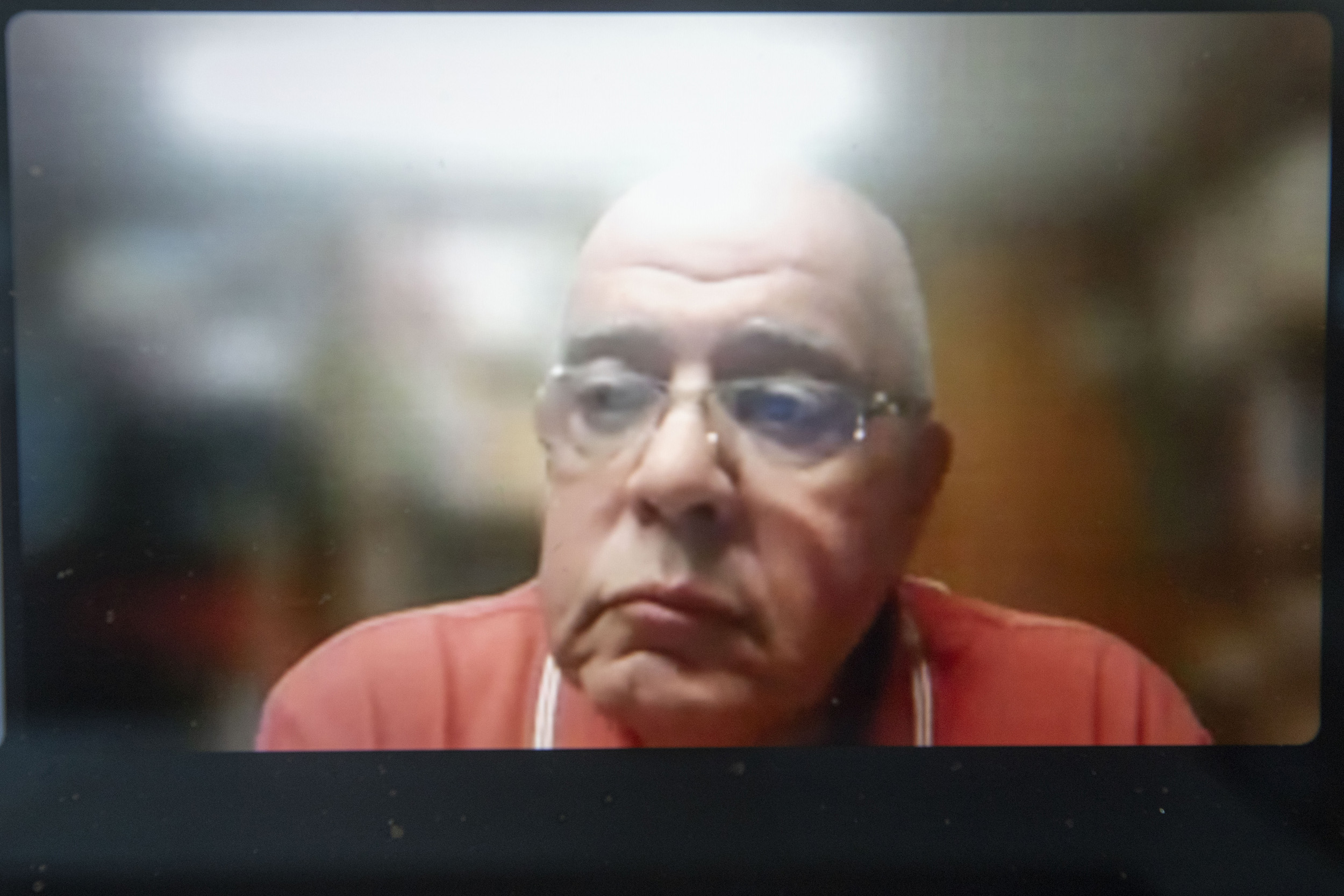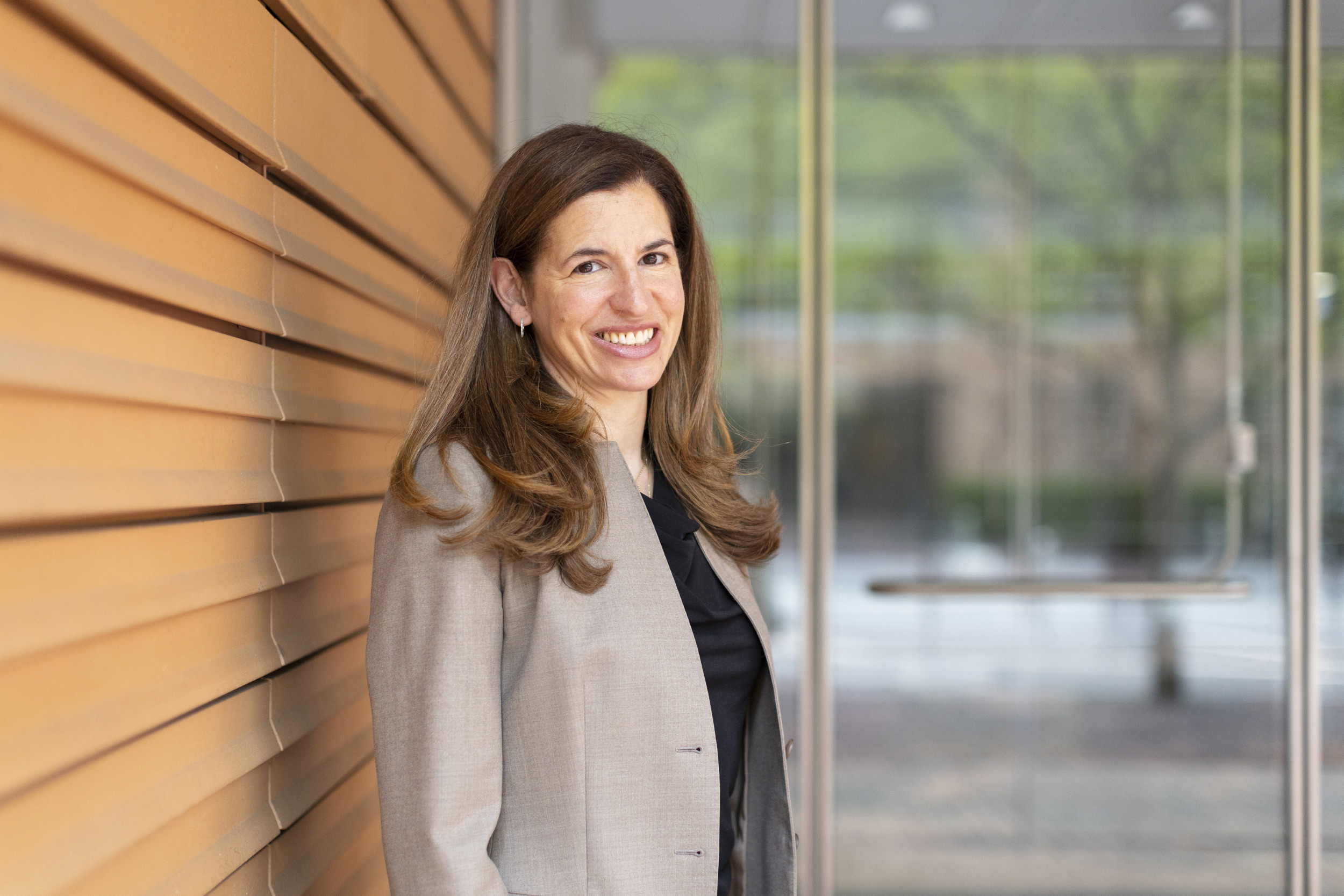
During the online “Militants to Peacemakers” forum, Assaad Chaftari shared his story of transformation.
Kris Snibbe/Harvard Staff Photographer
Resolving ethnic, religious violence
Weatherhead Center kicks off initiative to understand identity politics
In the late 1980s, during the last days of the Lebanese civil war, one of the major actors in the sectarian conflict experienced a radical change of heart.
Assaad Chaftari, once a high-ranking intelligence official in a feared Christian militia, recently recalled his first meetings with the international group now known as Initiatives of Change. “They started asking me some very peculiar questions,” he said, “like ‘You want to change others and make them think like you and look like you, but are you ready to change within first?’”
His story of transformation was shared during last month’s “Militants to Peacemakers” forum, hosted by the Weatherhead Center for International Affairs. The online event, also featuring veterans from the 1990s Bosnian civil war, kicked off the Weatherhead’s new Research Cluster on Identity Politics, a roughly three-year initiative designed to further understanding of ethnic and religious violence while advancing solutions. The group’s next program, on Northern Ireland, is scheduled for Wednesday.
“Research clusters, by definition, are designed to generate public goods and to stimulate novel thinking about important issues,” explained Weatherhead Director Melani Cammett, who is also the Clarence Dillon Professor of International Affairs in the Department of Government. Under Cammett’s leadership, the cluster will unite academics in exploring everything from socioeconomic drivers to politicians who fire up tensions for their own benefit.
“I view this cluster as addressing conflict from multiple angles,” Cammett said, “from the micro-level approach to improving intergroup relations all the way up to national and international arenas where you have negotiated settlements, institutional arrangements, and incentives to build more conciliatory politics.”
“The idea is ultimately to build a global scholars’ network, where we engage with each other’s work in multiple regions,” explained Weatherhead Director Melani Cammett.
Stephanie Mitchell/Harvard Staff Photographer

Cammett plans to spin off the cluster over time in partnership with Richard English, a professor of politics at Queen’s University Belfast and director of its Senator George J Mitchell Institute for Global Peace, Security and Justice (as well as a member of the Weatherhead’s advisory committee). “The idea is ultimately to build a global scholars’ network, where we engage with each other’s work in multiple regions. We would also like to engage with practitioners from time to time.”
Dovetailing with the cluster is Cammett’s own scholarship, recently recognized with funding from the Star-Friedman Challenge for Promising Scientific Research. Her focus is current intergroup relations in Northern Ireland, Lebanon, and Bosnia-Herzegovina, each the site of ethnic or sectarian combat in the late 20th century. She hopes to eventually turn the findings from her multiphase study into a book.
A Mideast expert, Cammett has been working in Lebanon since 2004 and published “Compassionate Communalism: Welfare and Sectarianism in Lebanon” in 2014. Northern Ireland and Bosnia-Herzegovina are newer to her, she said, but already she’s struck by similarities between the three nations. Among them is the continuance of hostilities. “Here we are decades after the conclusion of these conflicts, and tensions are still really high,” she said.
Cammett conducted fieldwork in all three countries during a yearlong sabbatical. With the help of research assistants, she completed about 240 interviews with politicians, religious leaders, businesspeople, and other influential figures. Connecting with a group of Bosnian veterans-turned-peacebuilders reminded her of Chaftari and others like him in Lebanon.
“It’s really extraordinary to meet people who still live in highly polarized societies and are actively working to overcome divisions,” Cammett said. “I wanted to amplify their voices and learn from them.”
Chaftari, now an activist based near Beirut and vice president of Fighters for Peace, described a process of inner listening during the group’s recent Weatherhead appearance, something he likened to fielding the voice of God. This inspired a long, hard look in the mirror, he said.
“I was shocked to see a beast with blood on the hands.”
In 2000 he published an open letter in the Lebanese press to apologize and renounce his actions during the 15-year war. As moderator of the Sept. 20 forum, Cammett took the opportunity to applaud Chaftari’s turn. “In the work I’m doing, I find that reconciliation is truly rare,” she offered. “It’s quite impressive and a model for many people across the world.”
The cluster’s next public event, set for Wednesday, will feature an in-person lecture by Peter Sheridan, chief executive of the peace-building charity Co-operation Ireland. Sheridan was once the highest ranking Catholic in the Police Service of Northern Ireland, an overwhelmingly Protestant force until recently. Cammett met Sheridan last year while conducting fieldwork.
Sheridan, an honorary professor with the Mitchell Institute at Queen’s University Belfast, was recently appointed commissioner of investigations for the government body working through unresolved cases from the Troubles, the religious clashes that ravaged Northern Ireland for 30 years.
“Many in Northern Ireland claim the Troubles were never properly addressed,” said Cammett, who was also named an honorary professor at the Mitchell Institute this year. “Peter Sheridan is looking at hundreds of unresolved cases, and he says he’s committed to doing so in as objective a manner as possible.”




